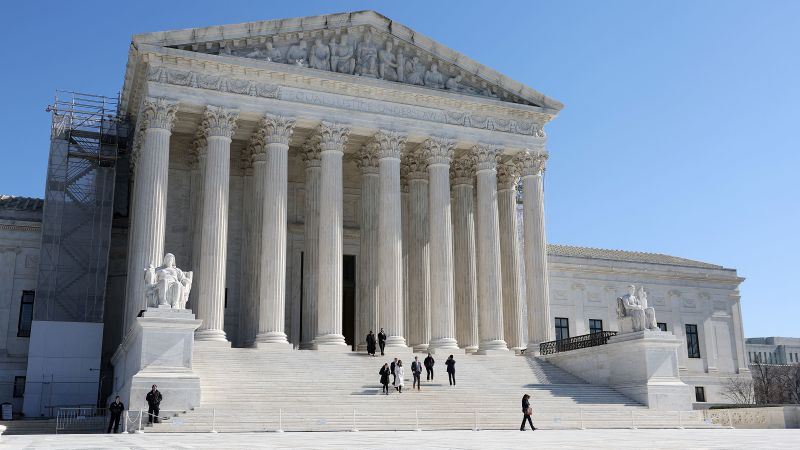The Supreme Court recently declined to hear an appeal from parents in Michigan and Virginia who accused Attorney General Merrick Garland of restricting their freedom of speech through a memo issued in 2021. The memo addressed threats directed at public school officials, sparking false claims that the Justice Department labeled parents as domestic terrorists for speaking up at school board meetings.
The parents from Loudoun County, Virginia, and Saline, Michigan argued that the memo aimed to intimidate and silence parent protestors at school board meetings, forcing them to choose between exercising their rights or risking federal investigation. However, lower courts dismissed the litigation, noting that the memo did not impose new regulations and was focused on understanding threats of violence rather than suppressing free speech. The memo also did not label anyone as a domestic terrorist.
The Biden administration supported the dismissal of the appeal, stating that the parents had not alleged any government action taken against them. This decision by the Supreme Court comes amidst criticisms from right-wing media and Republican politicians who have accused the Justice Department of trying to punish parents for attending or protesting at school board meetings. The memo and subsequent litigation occurred during a period of heated school board meetings nationwide over Covid-19 policies and curriculum content.
Overall, the Supreme Court’s decision not to take up the appeal from parents in Michigan and Virginia regarding Attorney General Merrick Garland’s memo marks the latest development in a controversy surrounding threats directed at public school officials and accusations of stifling freedom of speech. Despite claims that the memo targeted parent protestors at school board meetings, legal experts maintain that it was focused on understanding threats of violence rather than restricting free speech. This decision highlights the ongoing tensions between various stakeholders in the education system and law enforcement.














